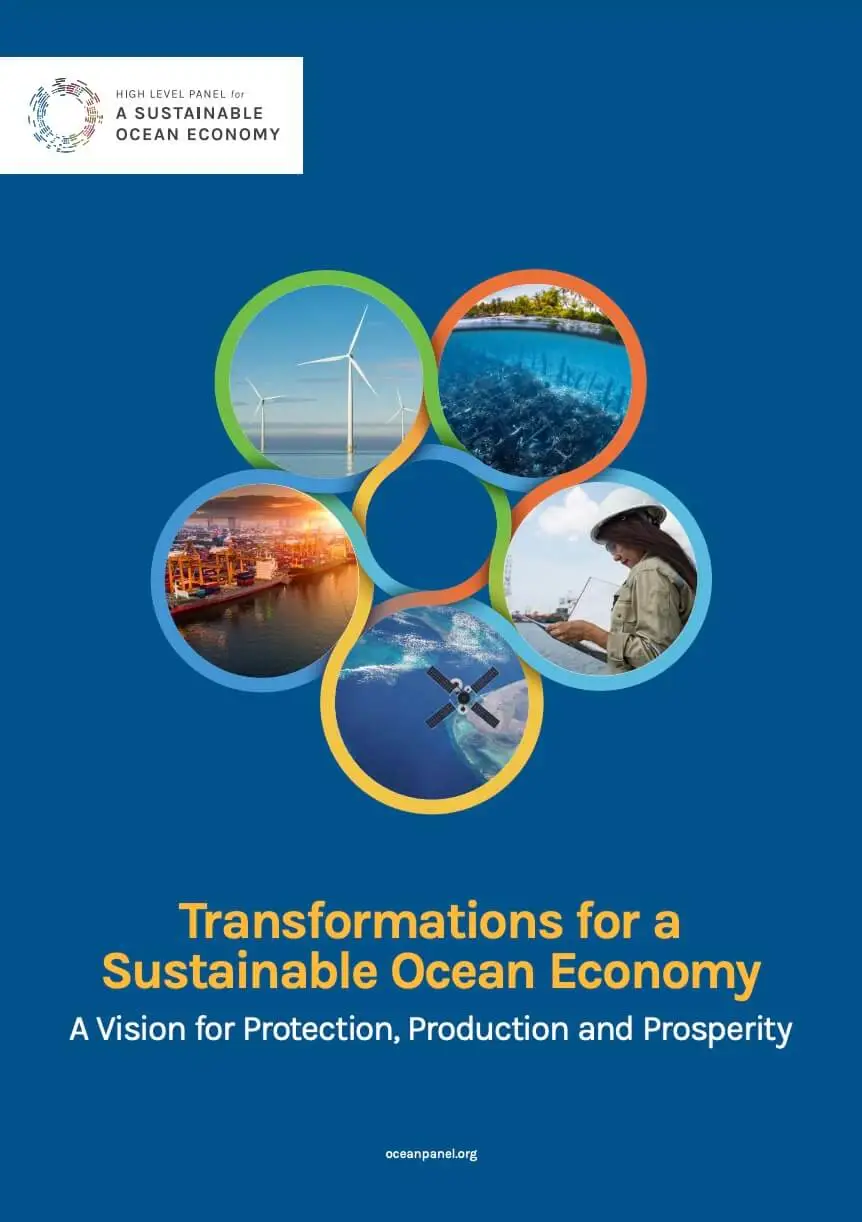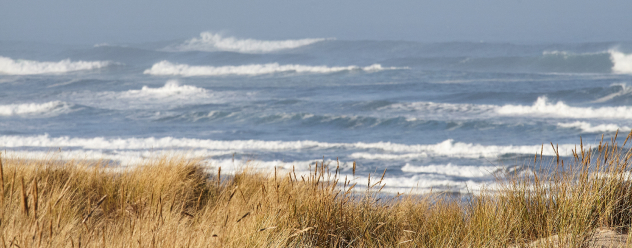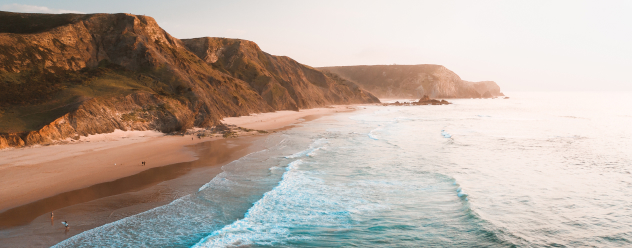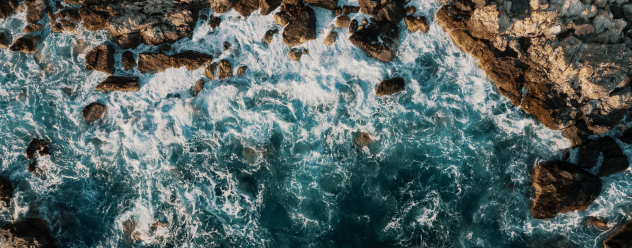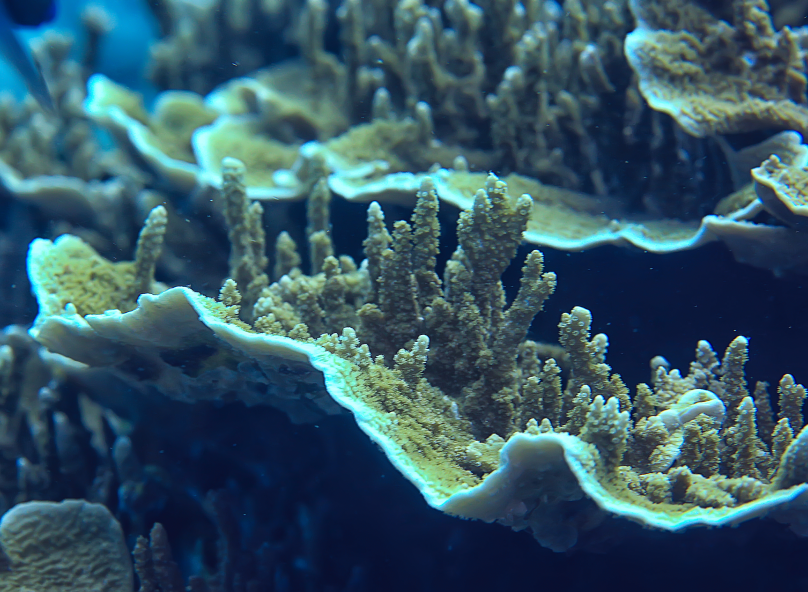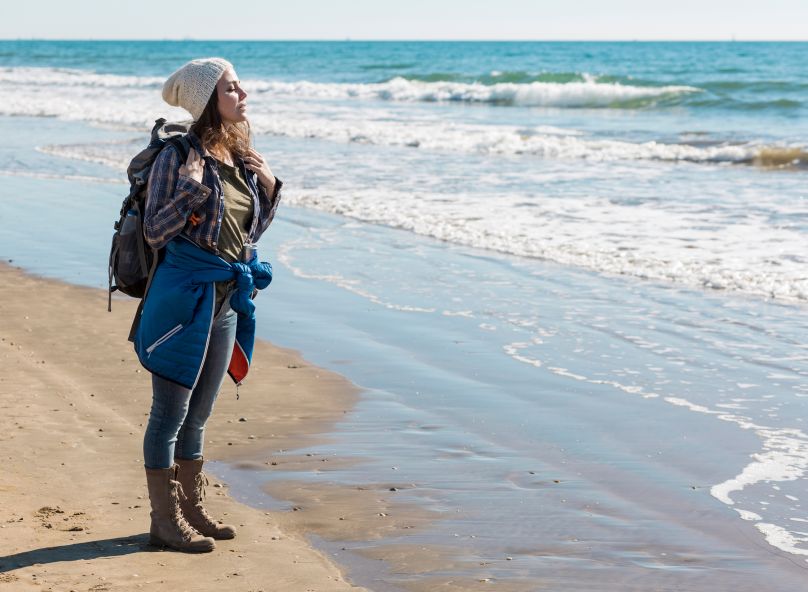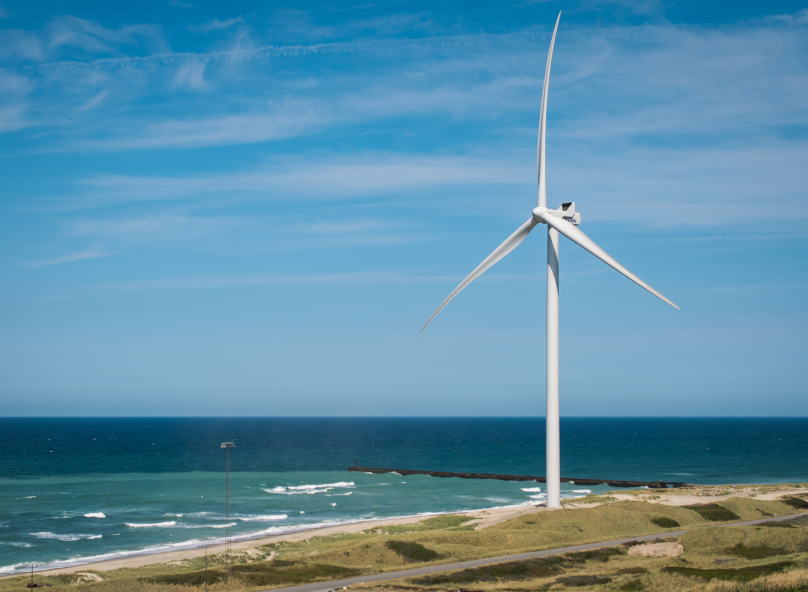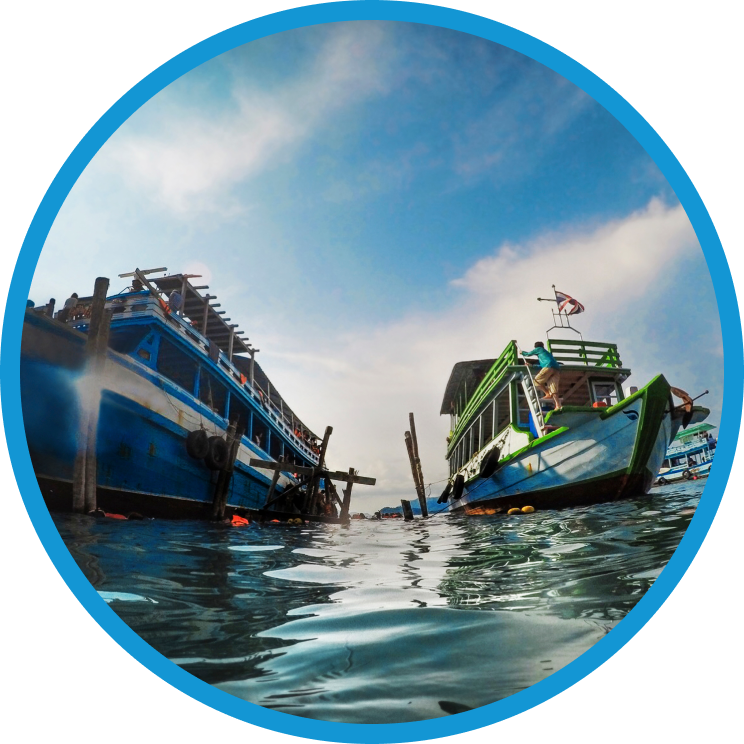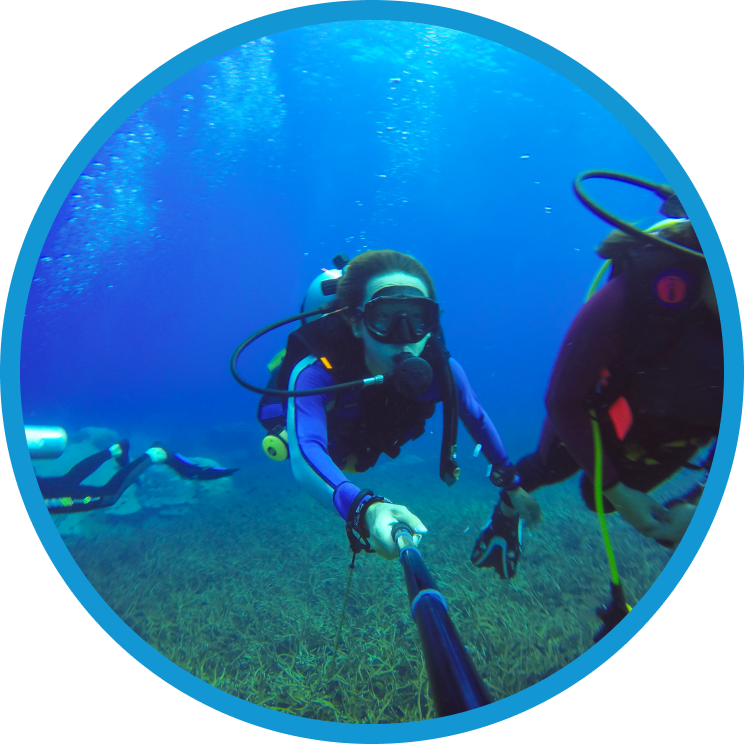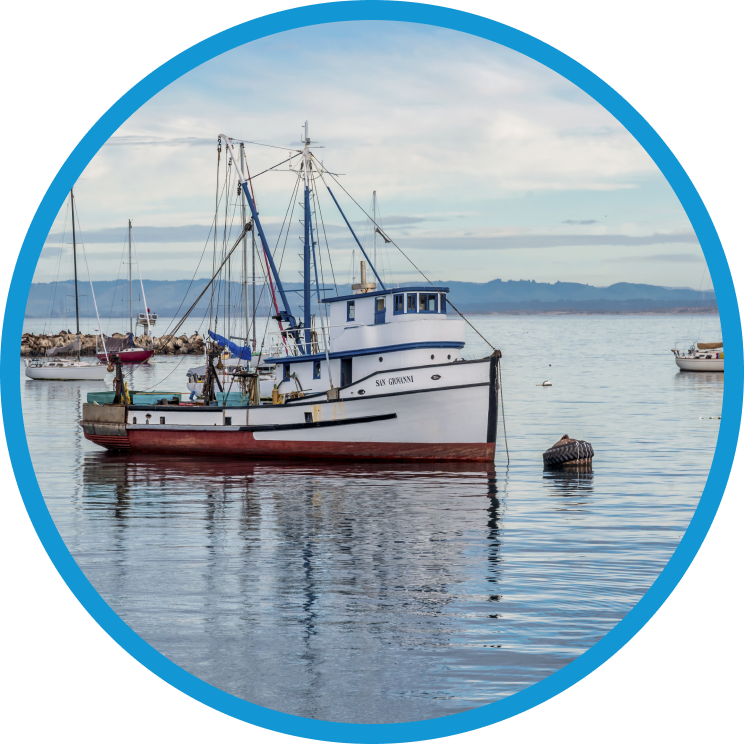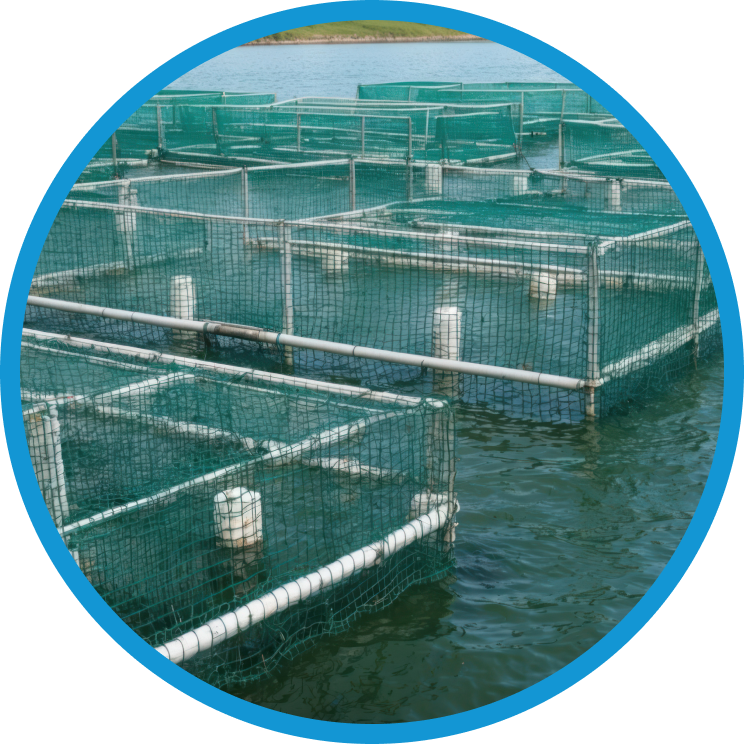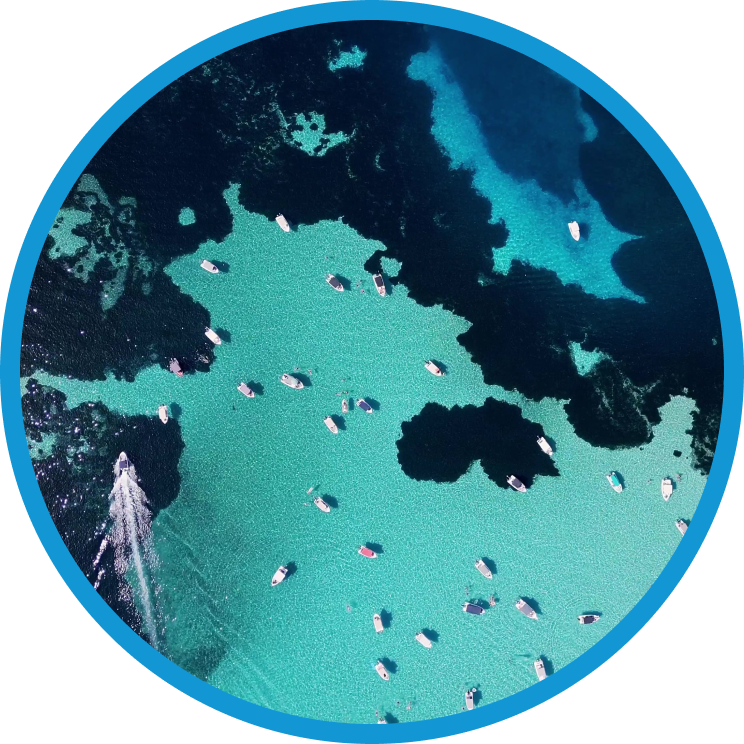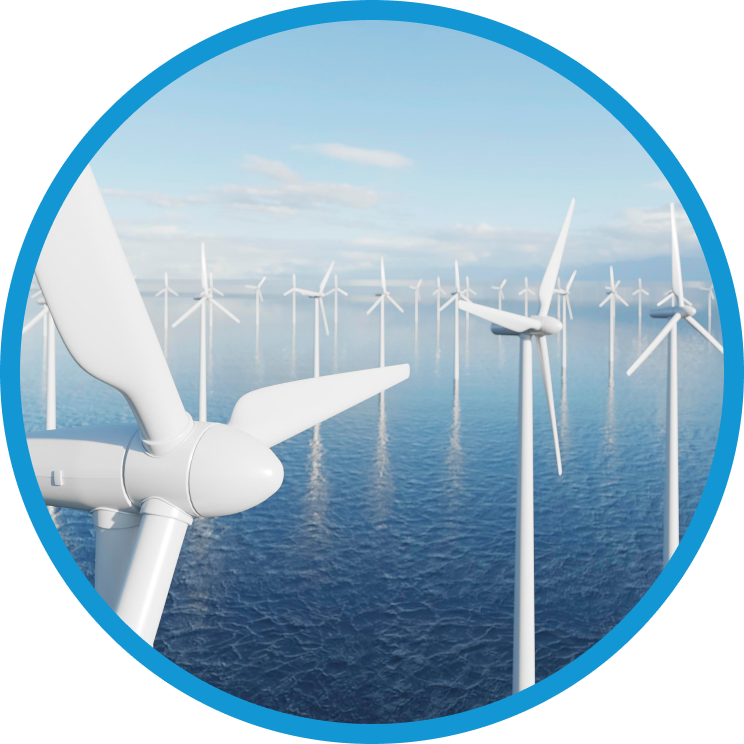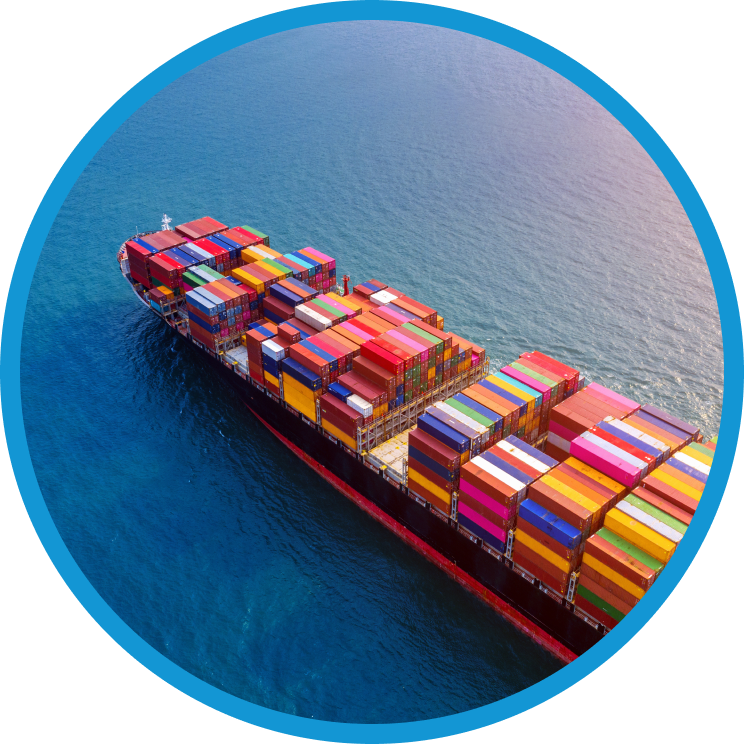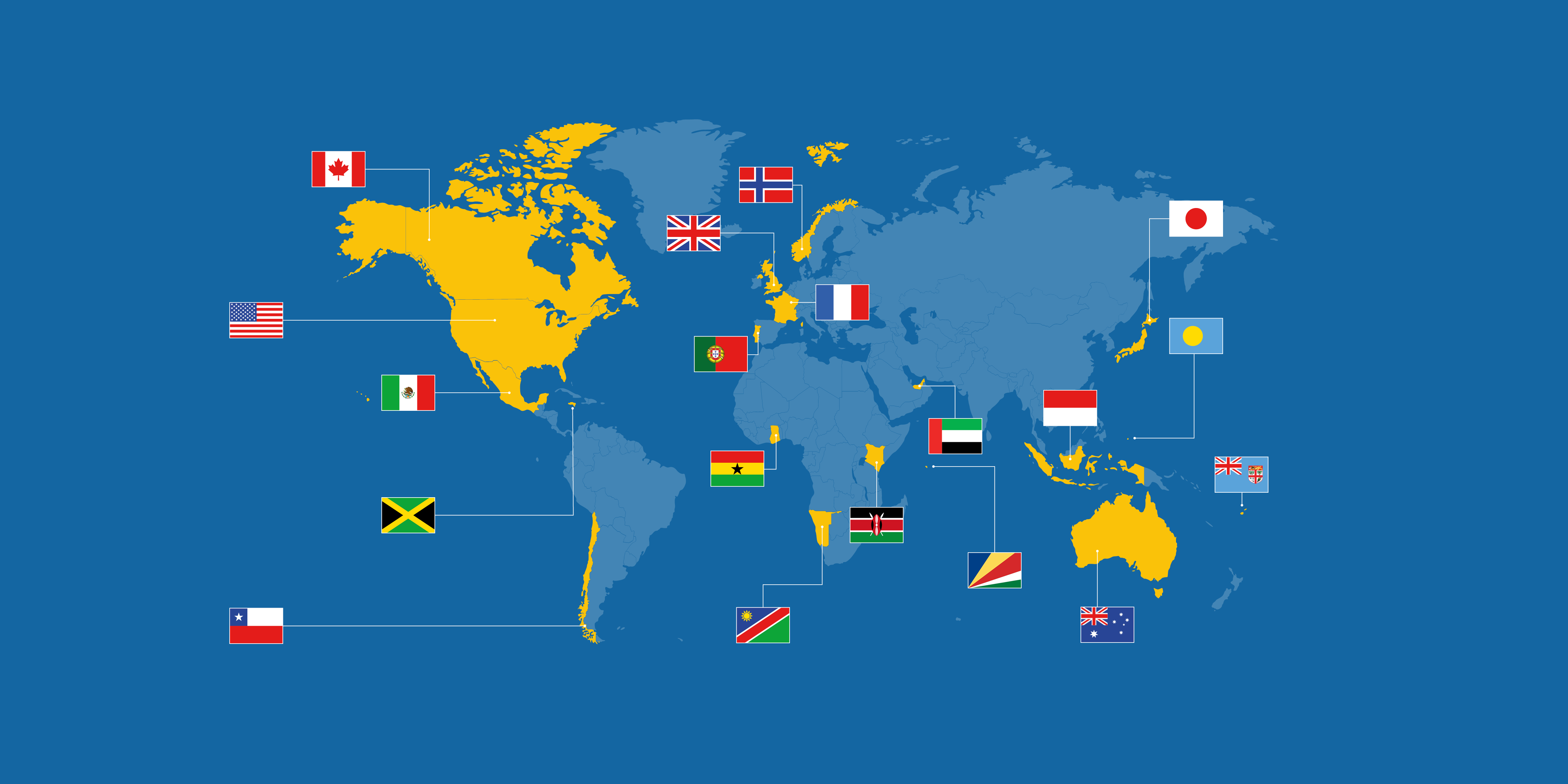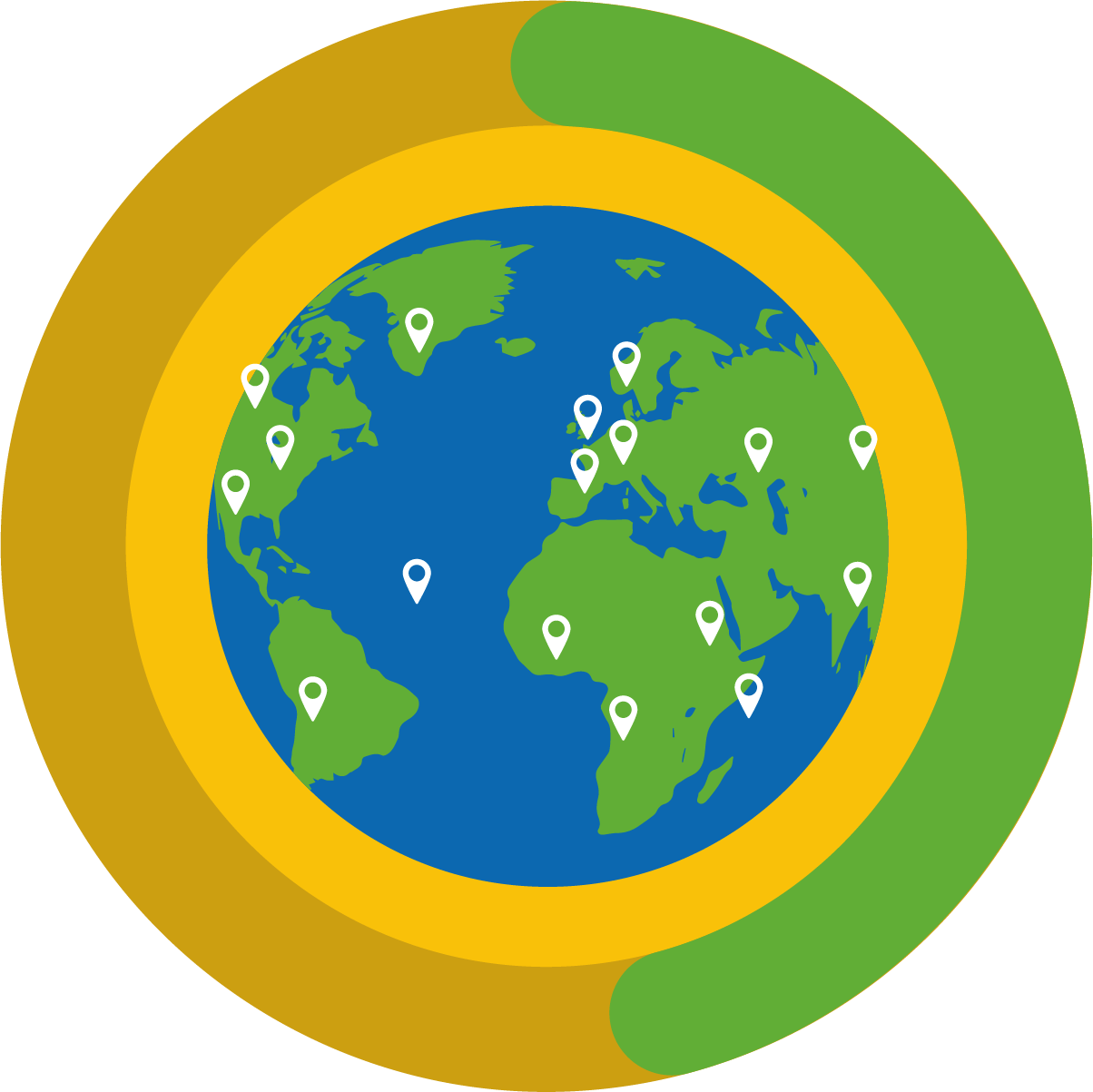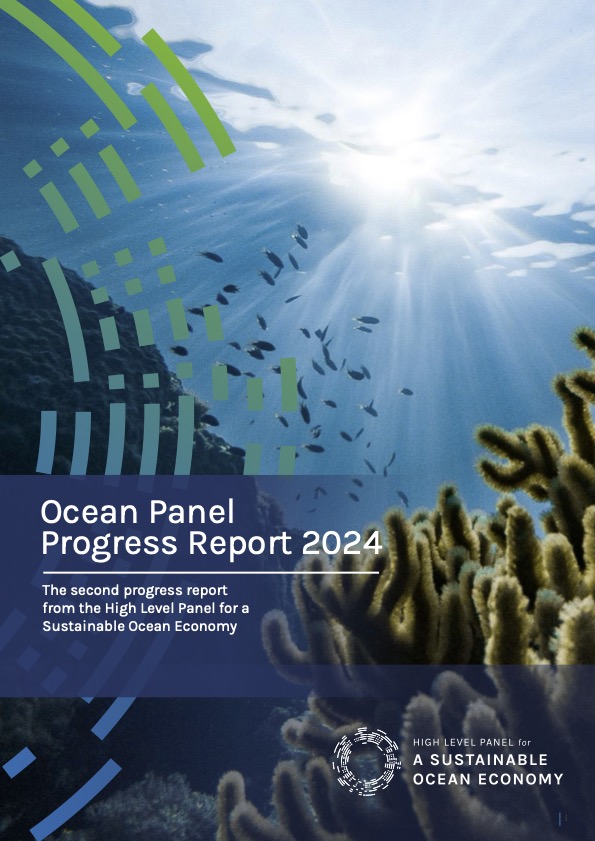The Ocean Panel’s action agenda, Transformations for a Sustainable Ocean Economy, published in 2020, charts a course towards achieving protection, production and prosperity through transformations across five areas including ocean wealth, ocean health, ocean equity, ocean knowledge, and ocean finance.
It presents a framework with 14 outcomes for 2030 within the five pillars and 74 priority actions to achieve them. While Ocean Panel members have not individually committed to achieving all 74 priority actions, recognising different national contexts, they have committed to deliver on the 2030 outcomes.
A central tenet of this agenda is a commitment to 100% sustainable ocean management and for each country to develop and implement a Sustainable Ocean Plan (SOP) within five years of joining the Ocean Panel.

